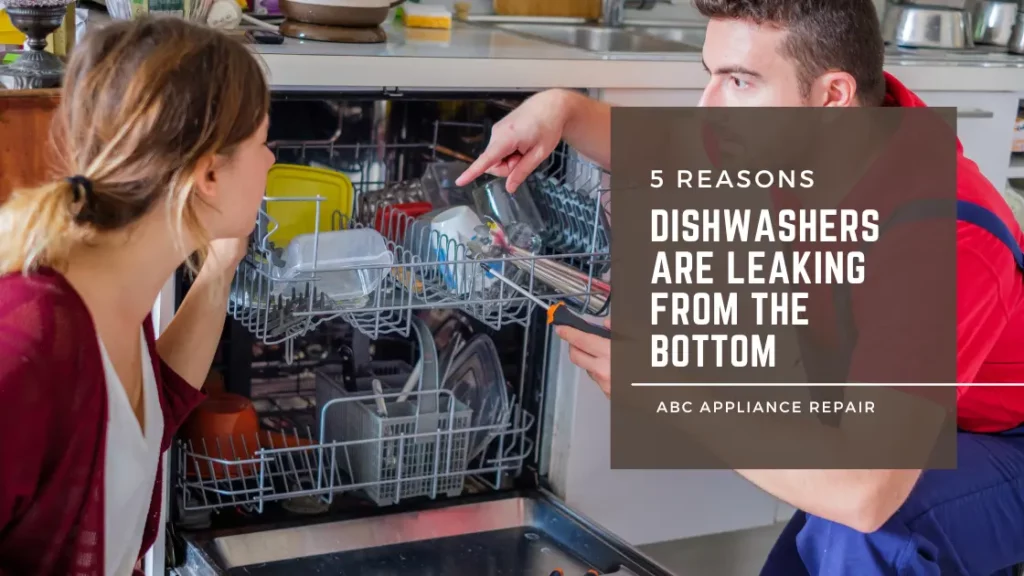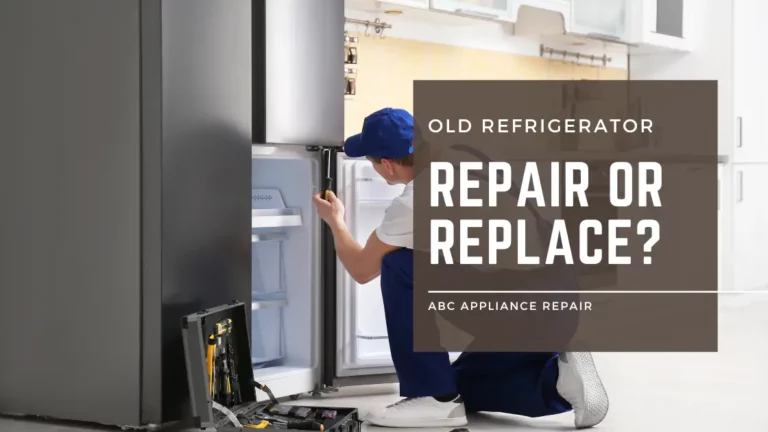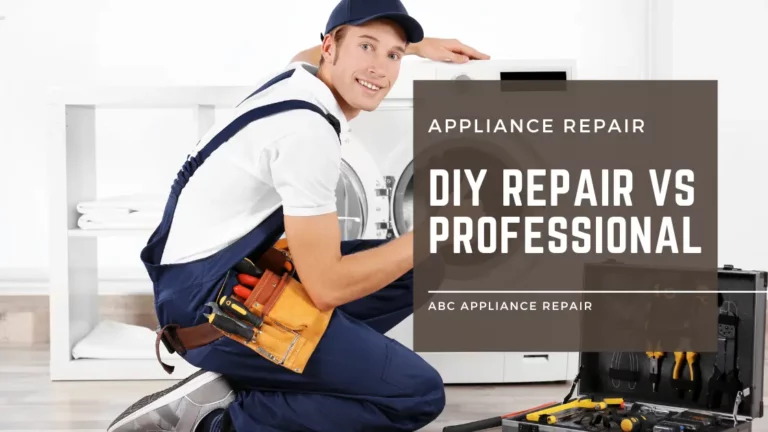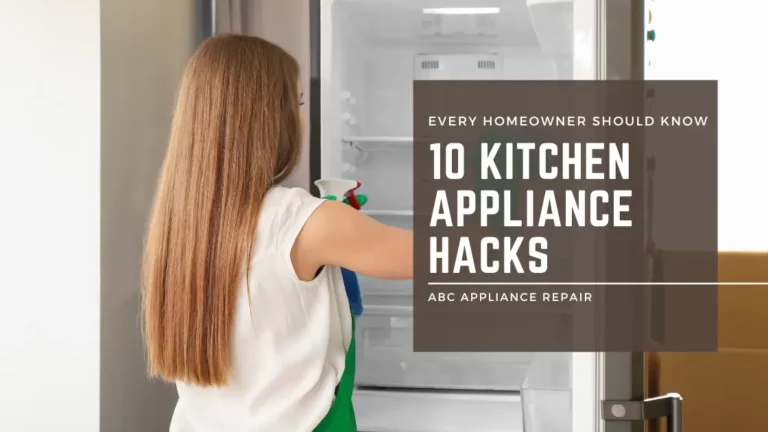A leaking dishwasher can quickly turn a convenient appliance into a frustrating problem. If you’ve noticed water pooling beneath your dishwasher, it’s crucial to identify the source of the leak promptly. While leaks can occur from various parts of the dishwasher, one common area is the bottom.
In this blog post, we will explore five possible reasons why your dishwasher is leaking from the bottom. By understanding these causes, you’ll be better equipped to address the issue and ensure your dishwasher functions optimally.
5 Reasons Dishwashers Are Leaking
#1 Faulty Door Seal
A worn-out or damaged door seal is one of the primary culprits behind a leaking dishwasher. The door seal, also known as a gasket, creates a watertight seal when the dishwasher is running. Over time, the seal can become brittle, cracked, or loose, leading to leaks. Additionally, food debris or mineral buildup can prevent the seal from sealing properly. To fix this issue, inspect the door seal for any visible signs of damage and clean it regularly to maintain its effectiveness.
#2 Defective Water Inlet Valve
The water inlet valve is responsible for controlling the water flow into the dishwasher. If this valve is faulty, it can lead to leaks from the bottom. A worn-out or malfunctioning water inlet valve may not completely shut off the water supply, causing water to continuously drip or leak during operation. To address this problem, consider replacing the water inlet valve with a new one. It is advisable to consult a professional technician for this task if you’re unsure about the installation process.
#3 Clogged or Damaged Drain Hose
A clogged or damaged drain hose can also contribute to leaks from the bottom of your dishwasher. The drain hose carries wastewater from the dishwasher to the sink drain or garbage disposal. Over time, the drain hose can become clogged with food particles, debris, or mineral deposits. Additionally, the hose may develop cracks or holes, leading to water leakage. To resolve this issue, inspect the drain hose for blockages and clean it thoroughly. If there are any visible damages, consider replacing the hose to prevent further leaks.
#4 Loose or Damaged Pump
The dishwasher pump plays a vital role in circulating water during the wash cycle. If the pump is loose or damaged, it can result in leaks from the bottom. A loose pump may allow water to seep out from the connections, while a damaged pump can cause water to leak directly. To address this issue, you should carefully examine the pump for any signs of damage or loose connections. If necessary, tighten the connections or replace the pump to eliminate leaks.
#5 Excessive Detergent Usage
Using too much detergent in your dishwasher can lead to overflows and leaks. Excessive detergent creates excessive suds, which can cause the dishwasher to overflow and water to leak from the bottom. Ensure that you are using the correct amount of detergent as recommended by the manufacturer. Avoid using regular dishwashing liquid or soap, as they can create excessive suds that are not suitable for dishwashers. Stick to dishwasher-specific detergents to prevent leaks caused by suds overflow.
When Should You Hire a Professional Dishwasher Repair Exert?

Your dishwasher is one of the most important appliances in your home. It helps to save time and energy by cleaning and sanitizing dishes in a matter of minutes. However, just like any other machine, dishwashers experience wear and tear over time, leading to malfunctioning or breakdowns. When this happens, it can be tempting to roll up your sleeves and try to fix the problem yourself. But when should you hire a professional dishwasher repair expert?
One of the first signs that it’s time to call a professional is if your dishwasher starts making strange noises or doesn’t clean dishes properly. This could be due to mechanical issues such as clogged spray arms or worn-out motors that need replacing. Attempting DIY repairs without proper knowledge could cause more harm than good, leading to higher repair costs down the line.
So you should call for expert dishwashers in your City to fix the problems with your dishwasher. If you live Charlotte, NC or near areas, then you can call ABC Appliance Repair for fast and reliable dishwasher repair solutions.
Conclusion
Identifying the cause of a leaking dishwasher is crucial for effective troubleshooting and preventing further damage. By understanding the five reasons why your dishwasher may be leaking from the bottom – a faulty door seal, defective water inlet valve, clogged or damaged drain hose, loose or damaged pump, and excessive detergent usage – you can take the necessary steps to address the issue. Remember to regularly maintain and inspect your dishwasher to prevent leaks and ensure its optimal performance.
Frequently Asked Questions
A: It is recommended to inspect the door seal of your dishwasher every six months or whenever you notice any signs of damage or leaks.
A: If you have experience with appliance repairs and are confident in your skills, you can replace the water inlet valve yourself. However, it’s advisable to seek professional help if you’re unsure or uncomfortable with the process.
A: To clean a clogged drain hose, detach it from the dishwasher and sink drain or garbage disposal. Use a long, flexible brush or a pipe cleaner to remove any blockages. You can also soak the hose in warm water with vinegar to dissolve stubborn debris.
A: Yes, common warning signs include unusual noises during operation, reduced cleaning performance, and visible water leakage near the pump area.
A: Yes, regular dish soap can create excessive suds that can overflow and cause leaks in your dishwasher. Stick to dishwasher-specific detergents to prevent this issue.







